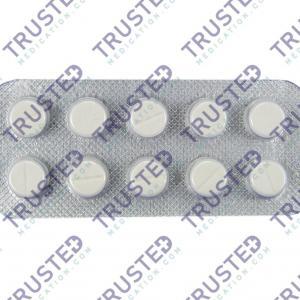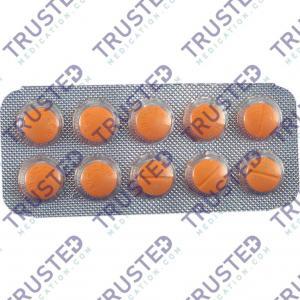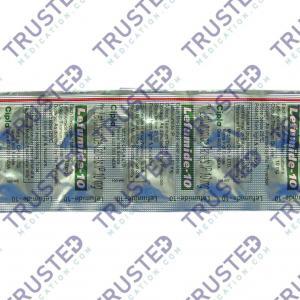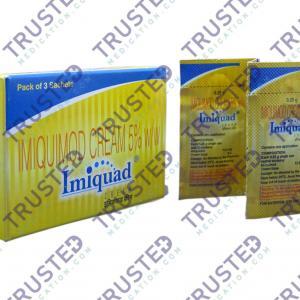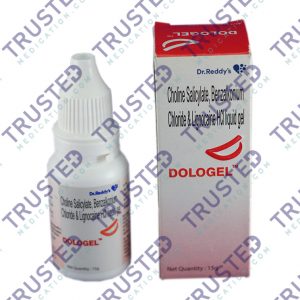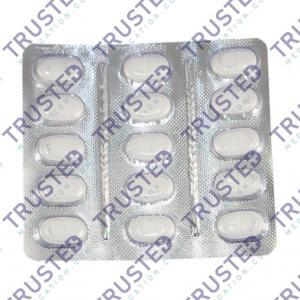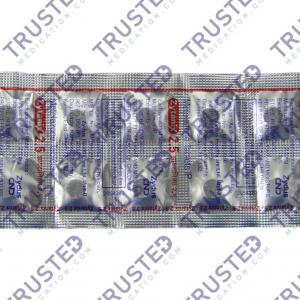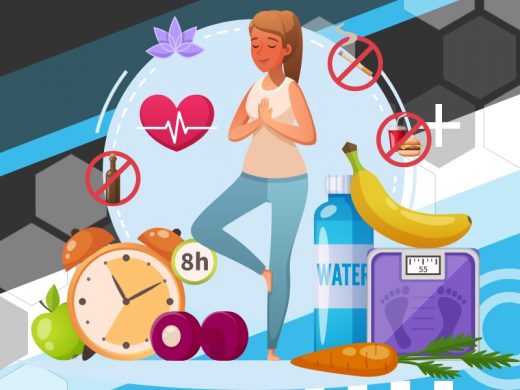
There are different types of food in a balanced diet in certain quantities and proportions so that the body’s requirement for calories, proteins, minerals, vitamins, and other nutrients is adequately met along with a small allowance for additional nutrients for a short period. A balanced diet offers dietary fiber, antioxidants, and nutraceuticals that have positive health advantages.
People need to have a balanced diet as it provides energy and nutrients that are essential for survival. Nutrient-rich foods play a role in staying healthy and maintaining a balanced diet. Incorporate it with an active lifestyle to get the most out of your foods and reduce the risk of heart disease, cancer, and obesity.

Classifications of Foods for a Balanced Diet
- Macronutrients.Protein, fats, carbohydrates. These provide energy and are essential for the growth and maintenance
- Micronutrients. Vitamins, minerals, and trace elements. They are needed in very small amounts yet are essential for growth and development.
- Phytochemicals. Bioactive compounds are found in foods such as fruit, and vegetables. They have a wide range of beneficial effects on health.
- Water. It plays a role in maintaining a healthy weight, metabolic rate, and satiety. Water is used to replenish the body’s essential fluid requirements and balances the salt in the body
6 Ways to Maintain a Balanced Diet
- Avoid depriving yourself. Having an unhealthy relationship with food can sabotage your overall health and wellness. When maintaining a balanced diet, load your plate with fresh fruit and veggies alongside your favorite treats.
- Watch your portions. Portion control is an essential part of any healthy diet as it prevents overeating. Portion control is especially important when dining out. You can also practice healthy portion control by measuring your foods and cooking at home.
- Stay mindful. Mindful eating is the practice of eating with intention and enjoying the experience of eating. Eating mindfully will help prevent you from overeating.
- Limit processed foods. While it’s okay to indulge in a favorite treat every once in a while, a balanced diet will contain very small amounts of heavily processed foods
- Prepare your own meals. Cooking your own meals is an excellent way to ensure a balanced diet. When you prepare your own meals, you will be aware of every ingredient that is used and can better control your portions.
- Read labels. Learning to read nutrition and ingredient labels is an excellent way to keep track of what you’re eating. To ensure that you are eating nutritious foods, you should be aware of their ingredients.

Benefits of a Balanced Diet
- Eat healthy foods to increase energy, improve the way your body functions, boost your immune system, and maintain a healthy weight.
- Meets your nutritional need. A varied, balanced diet provides the nutrients you need to avoid nutritional deficiencies.
- Prevent and treat certain diseases. The consumption of healthy food can help prevent the development of diseases like diabetes, cancer, and heart disease.
- It is also helpful in treating diabetes and high blood pressure. You may be able to manage your illness or condition better when following a special diet.
- Feel energetic and manage your weight. Feeling better and having more energy is possible with a healthy diet.

